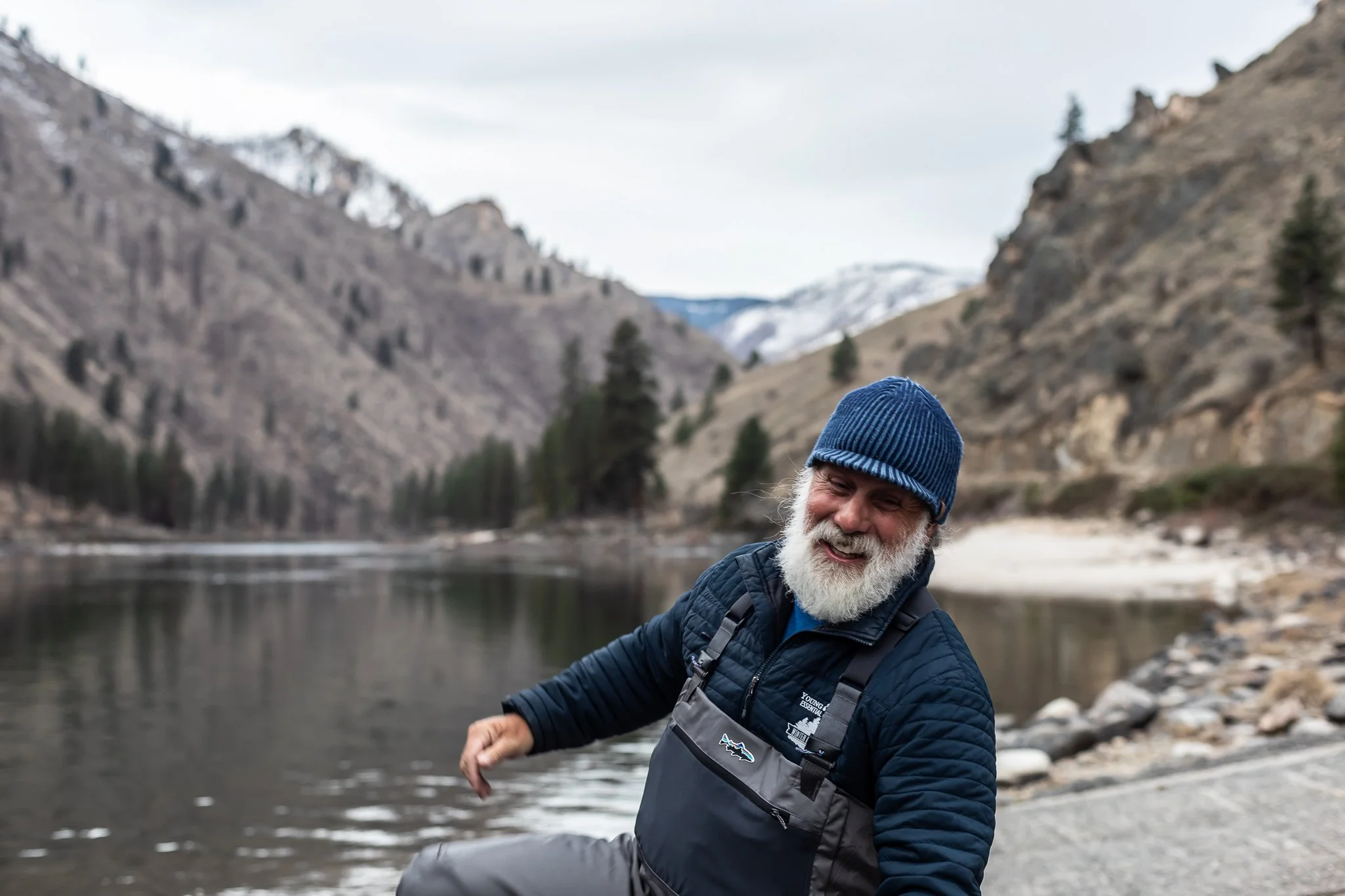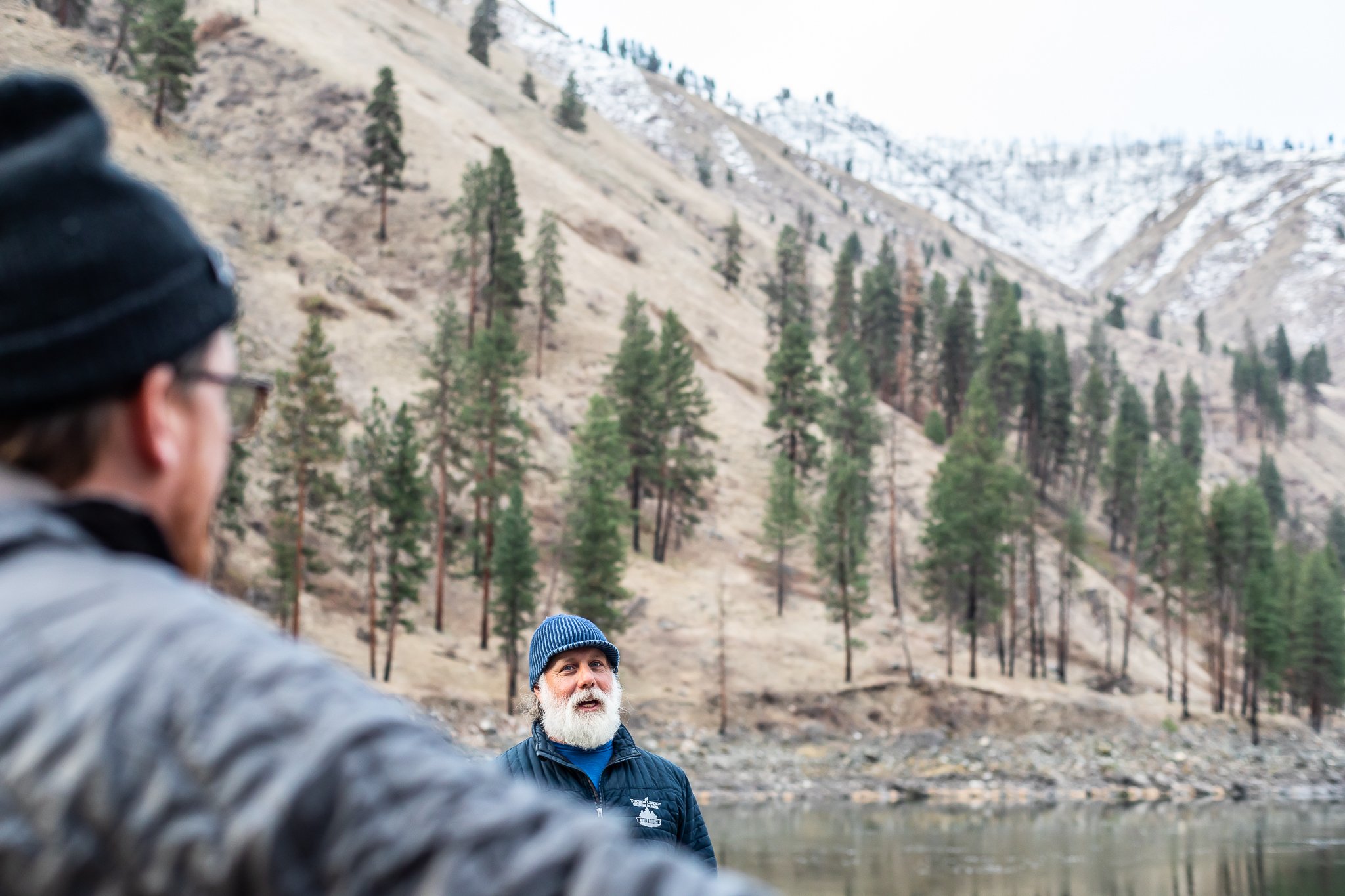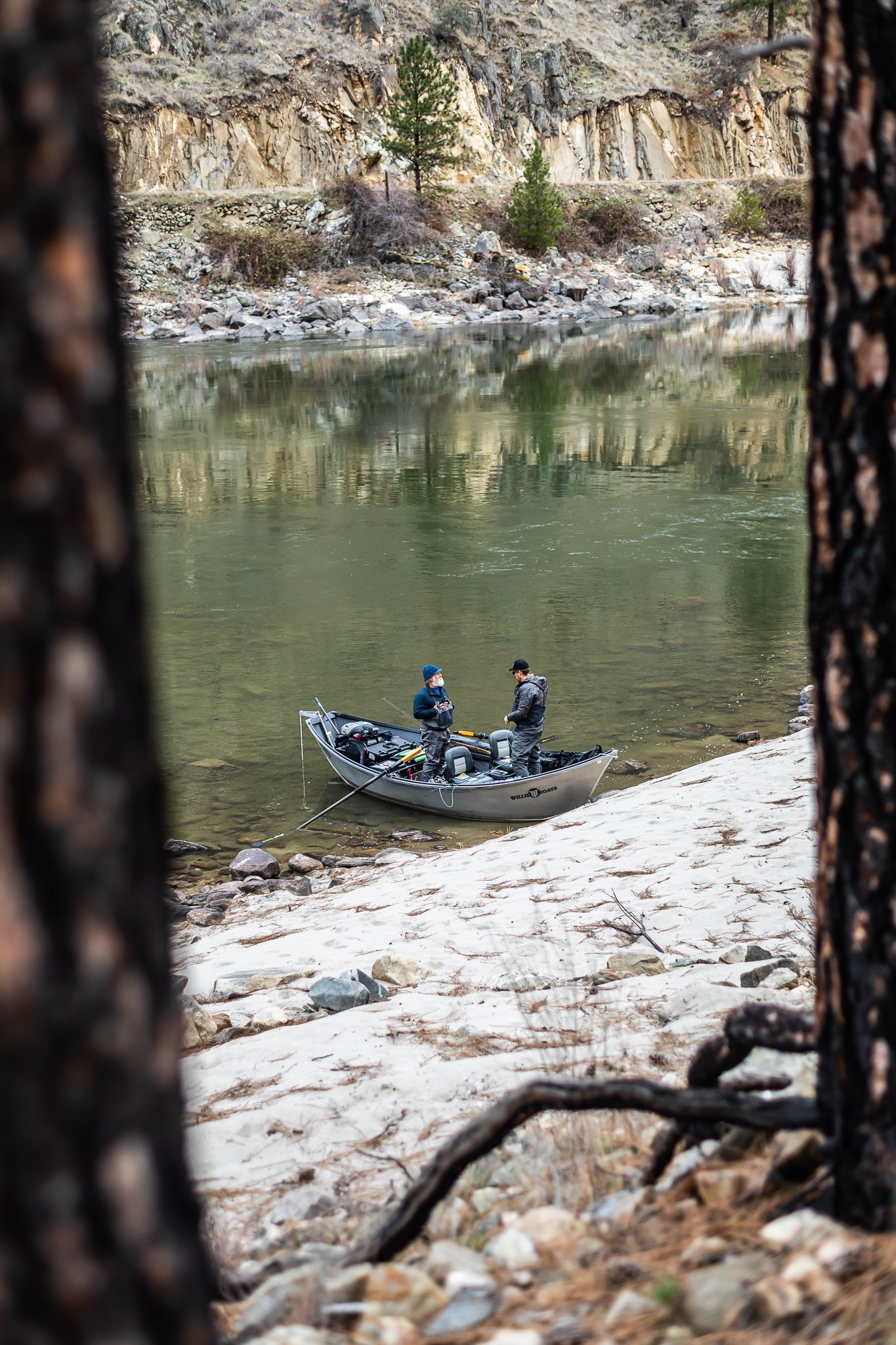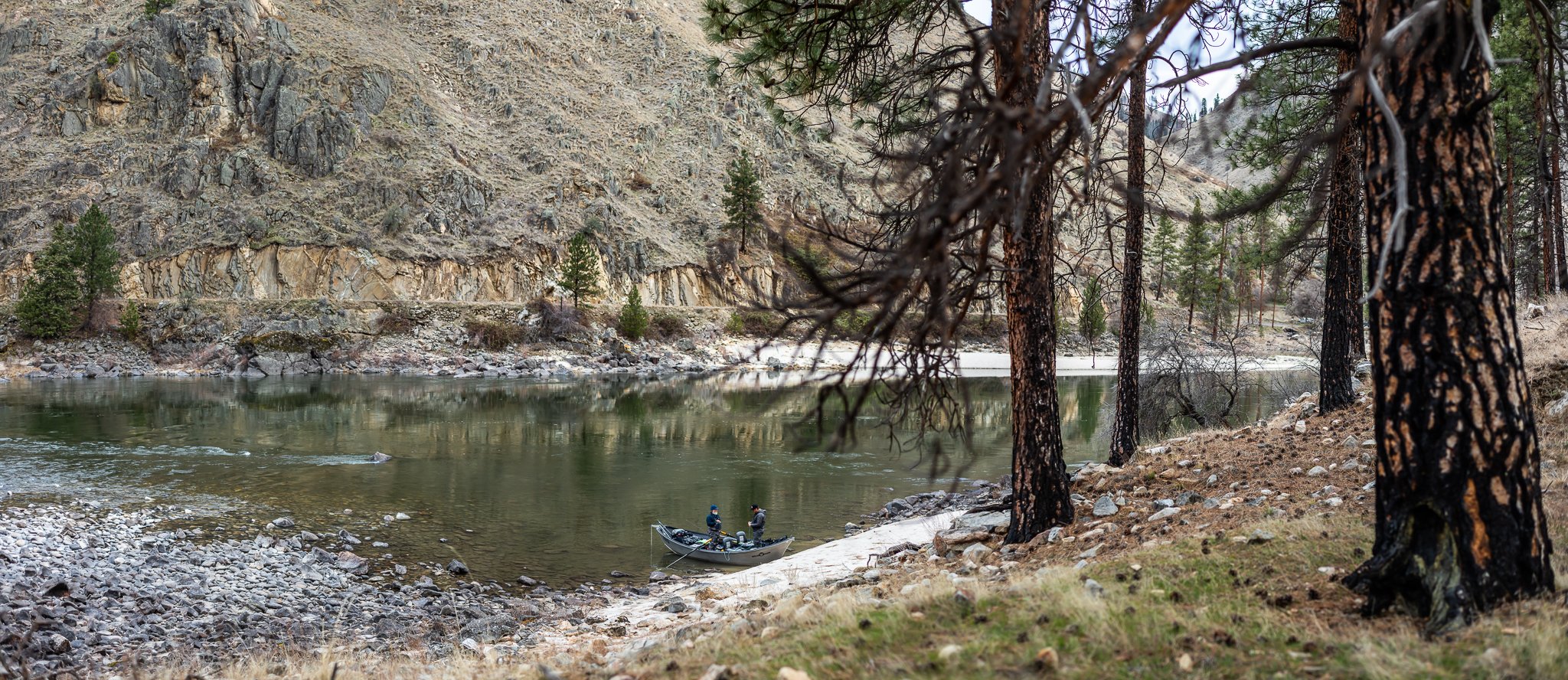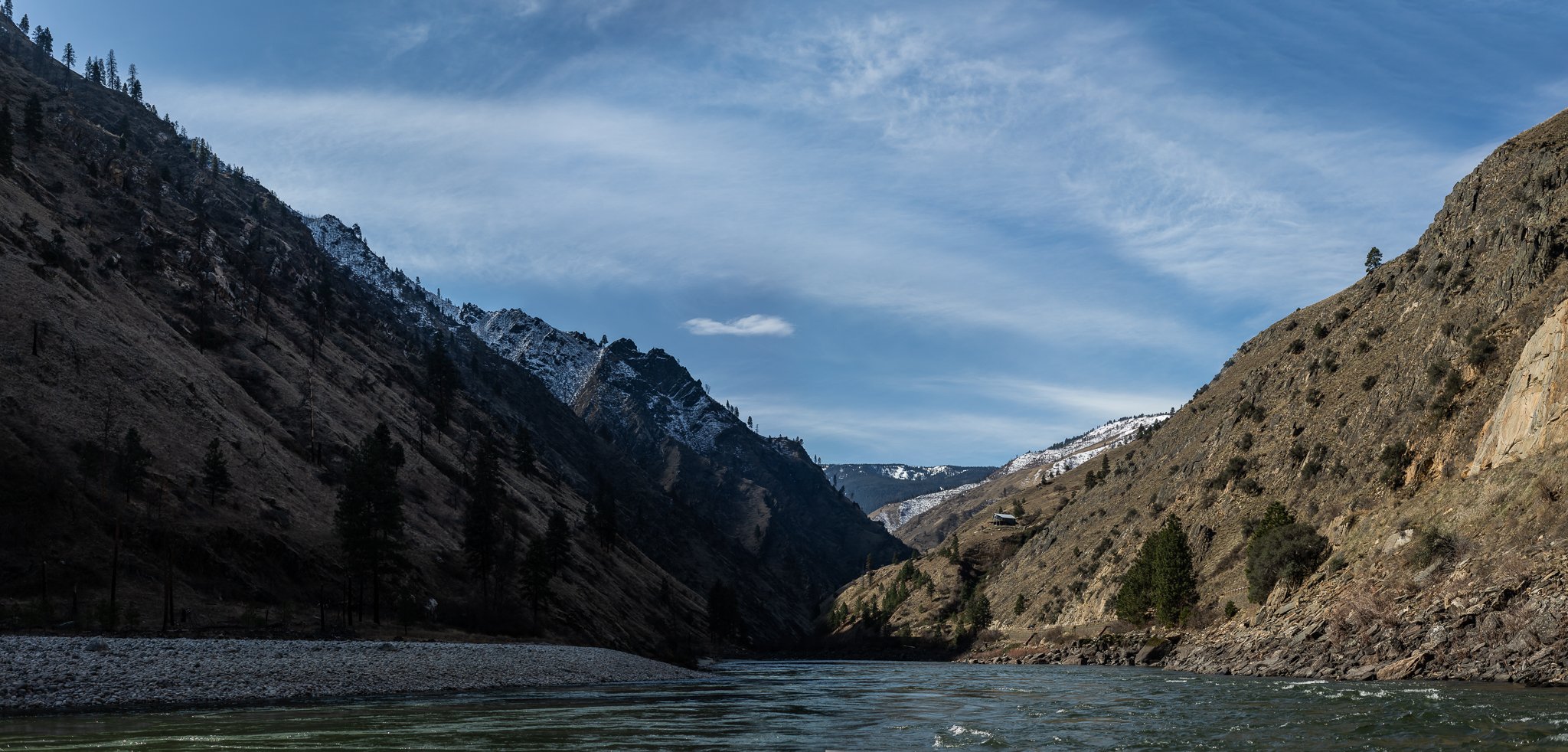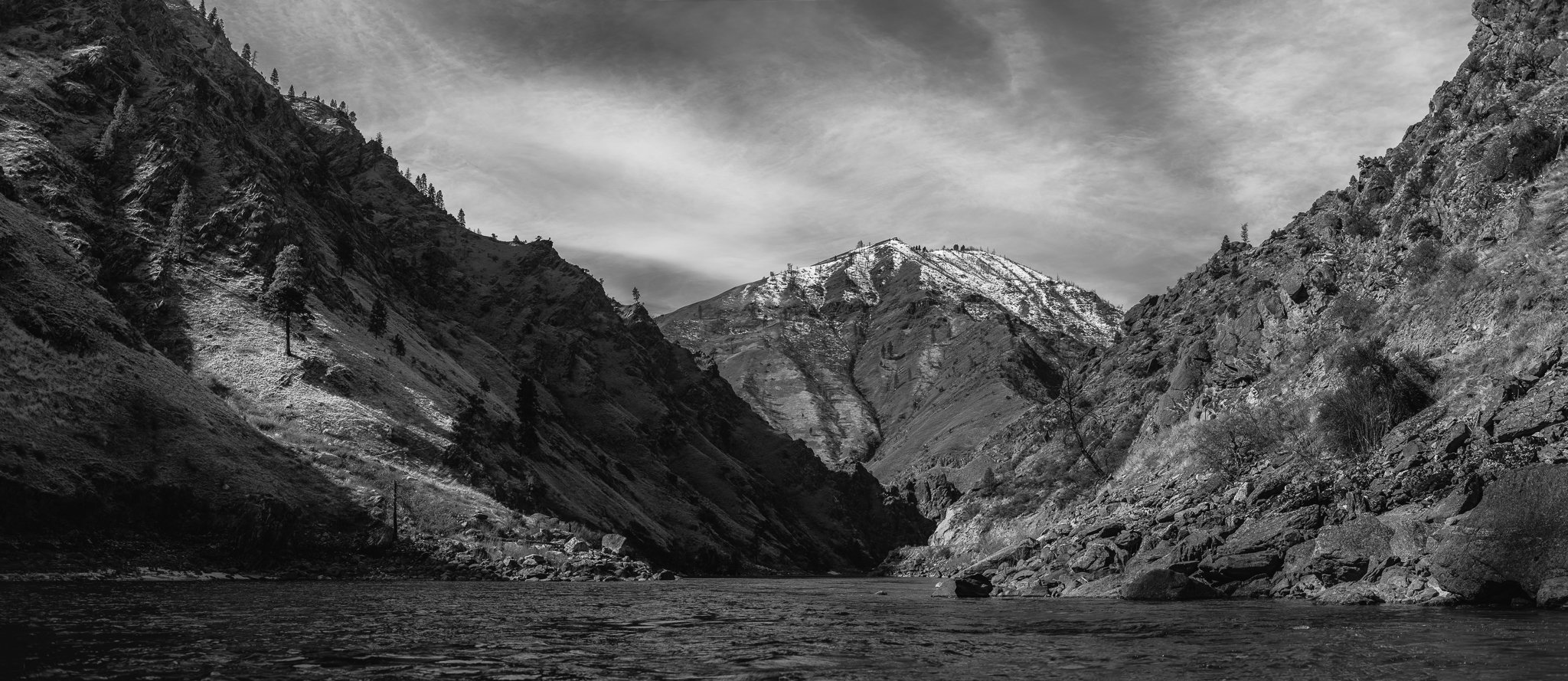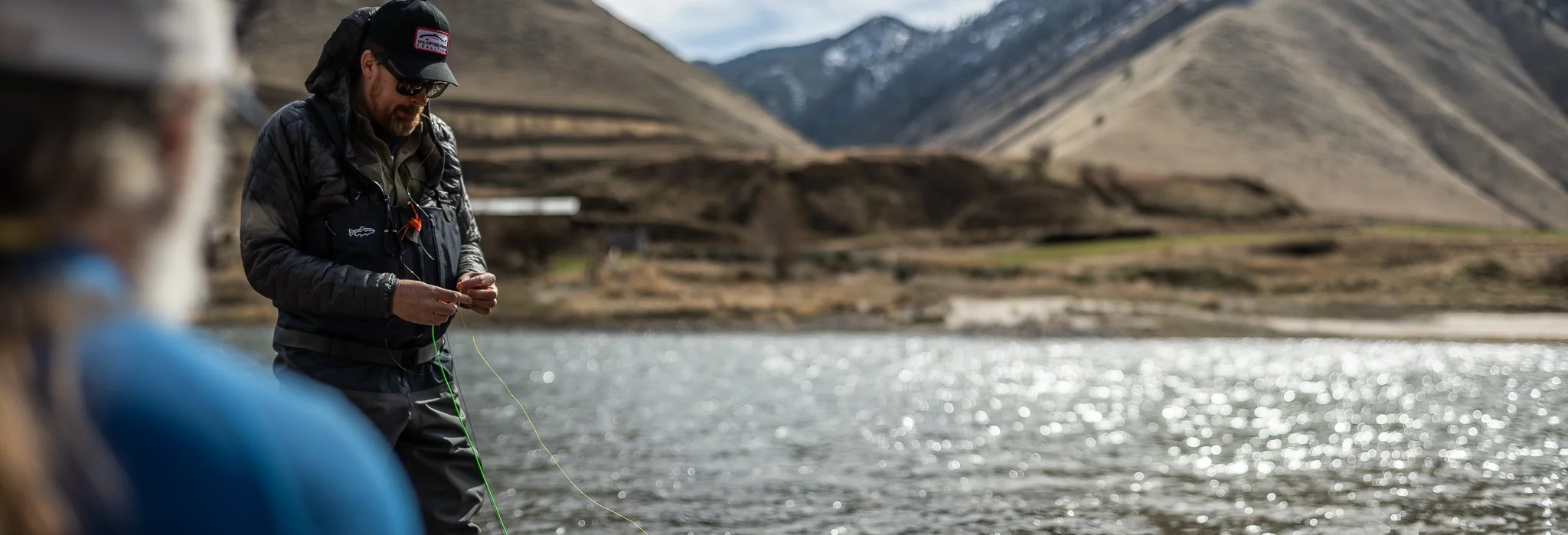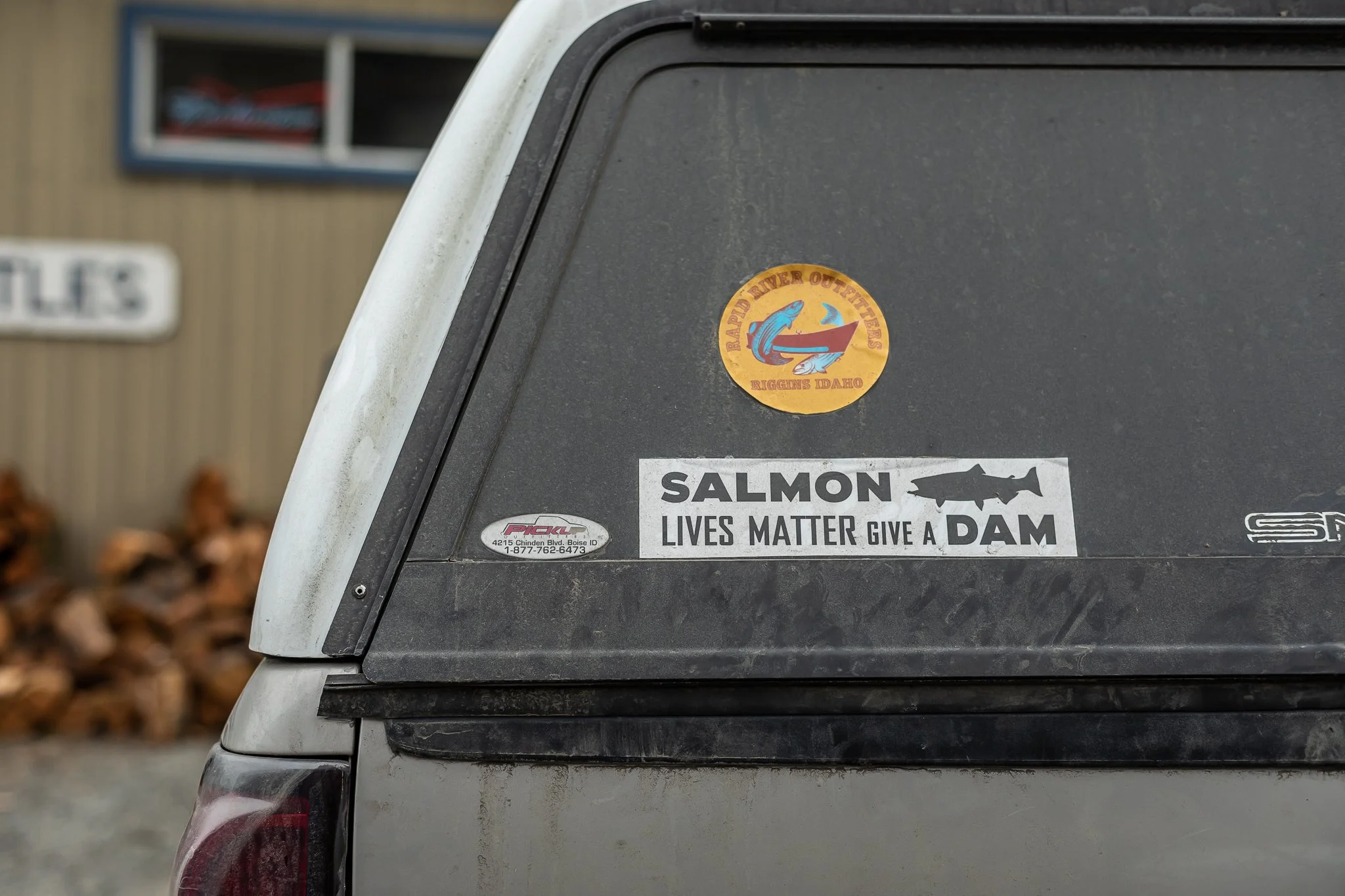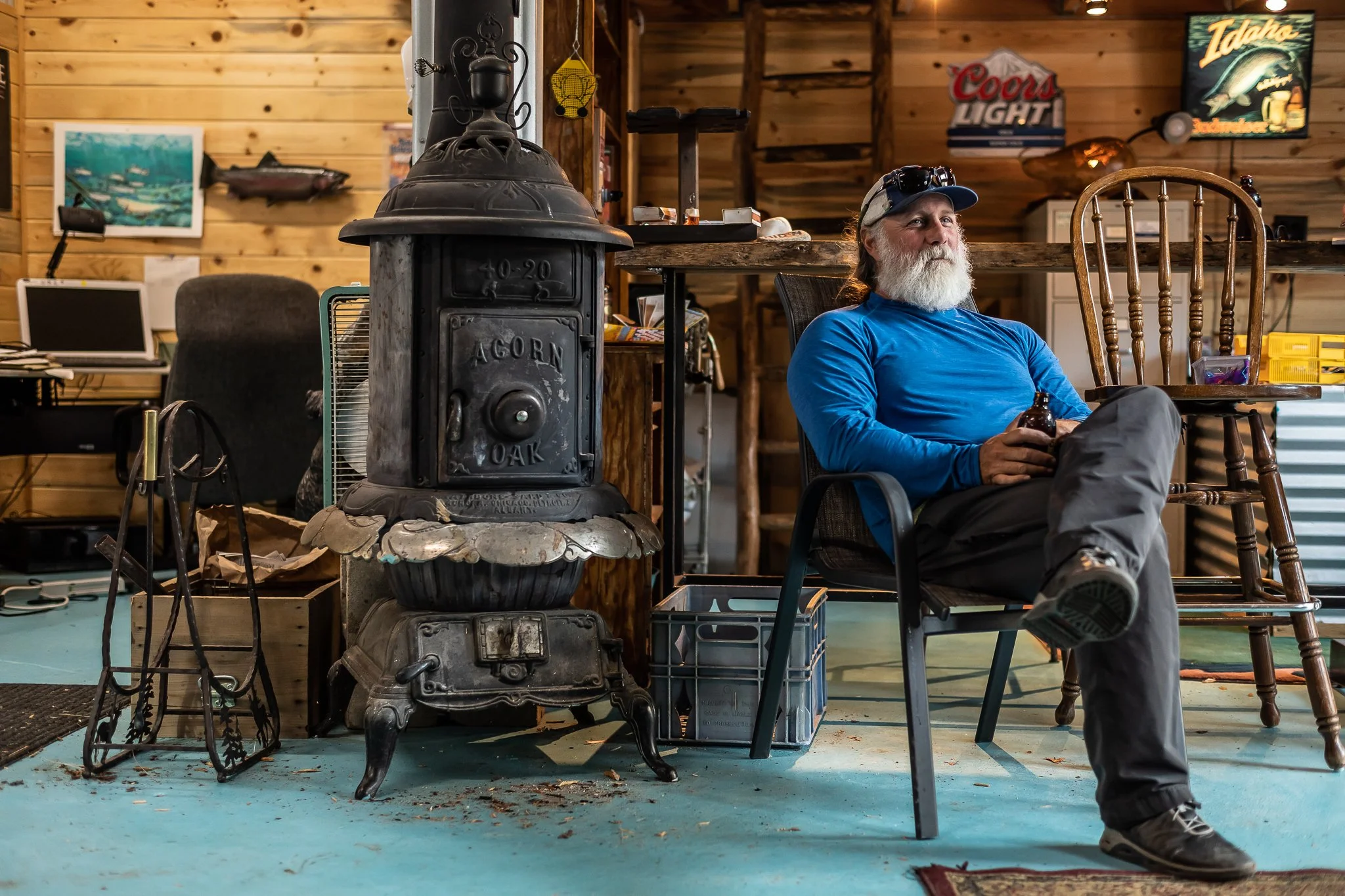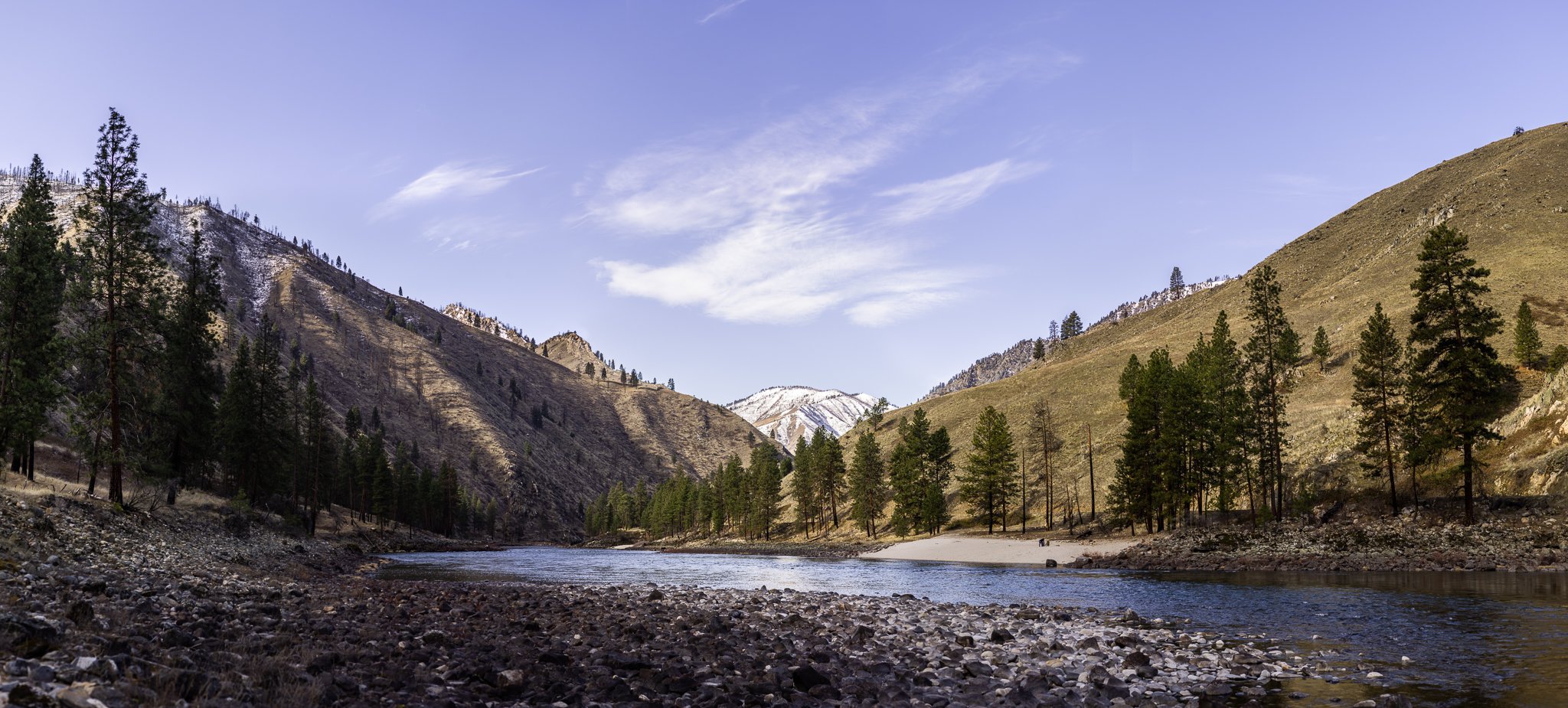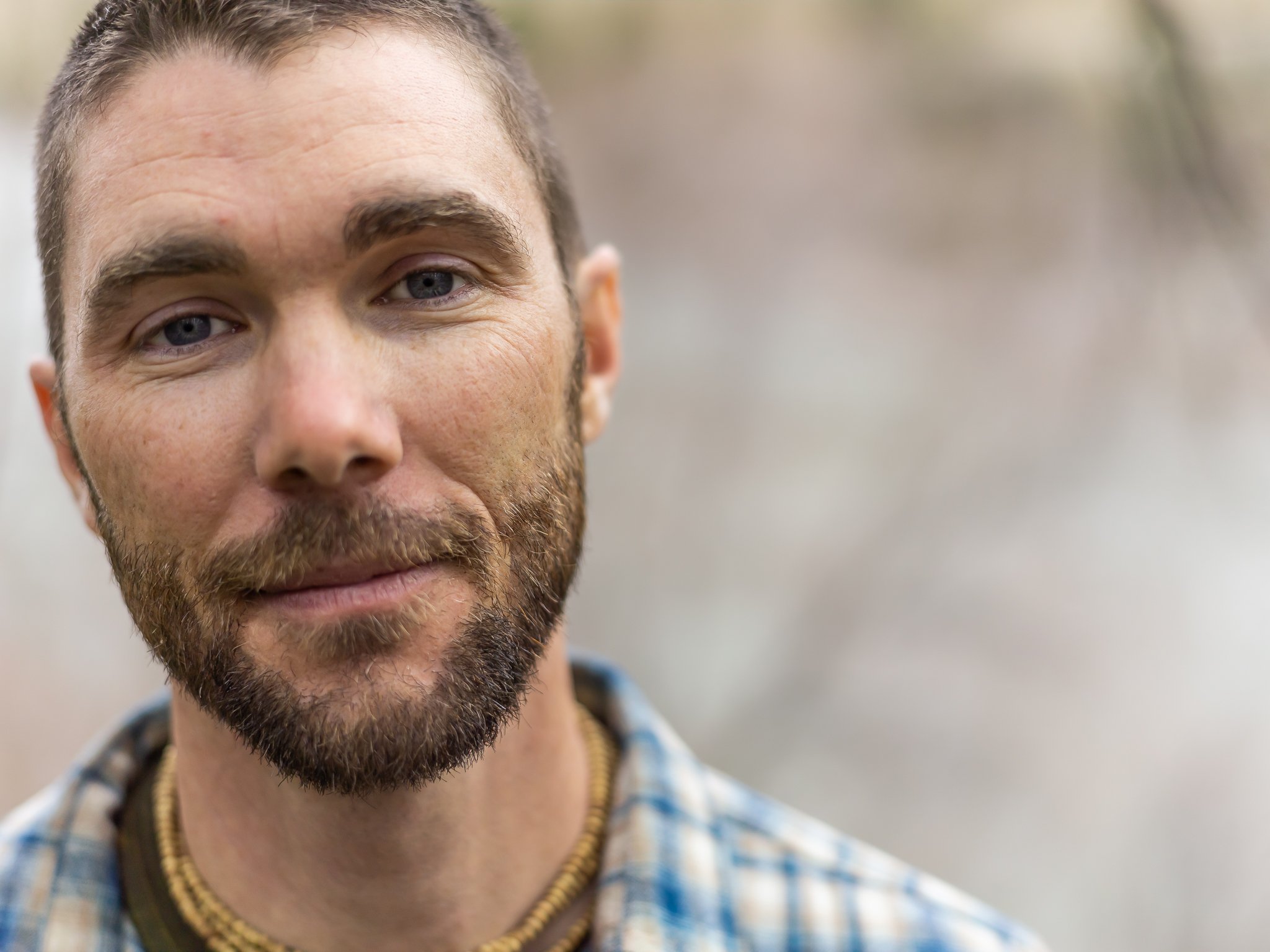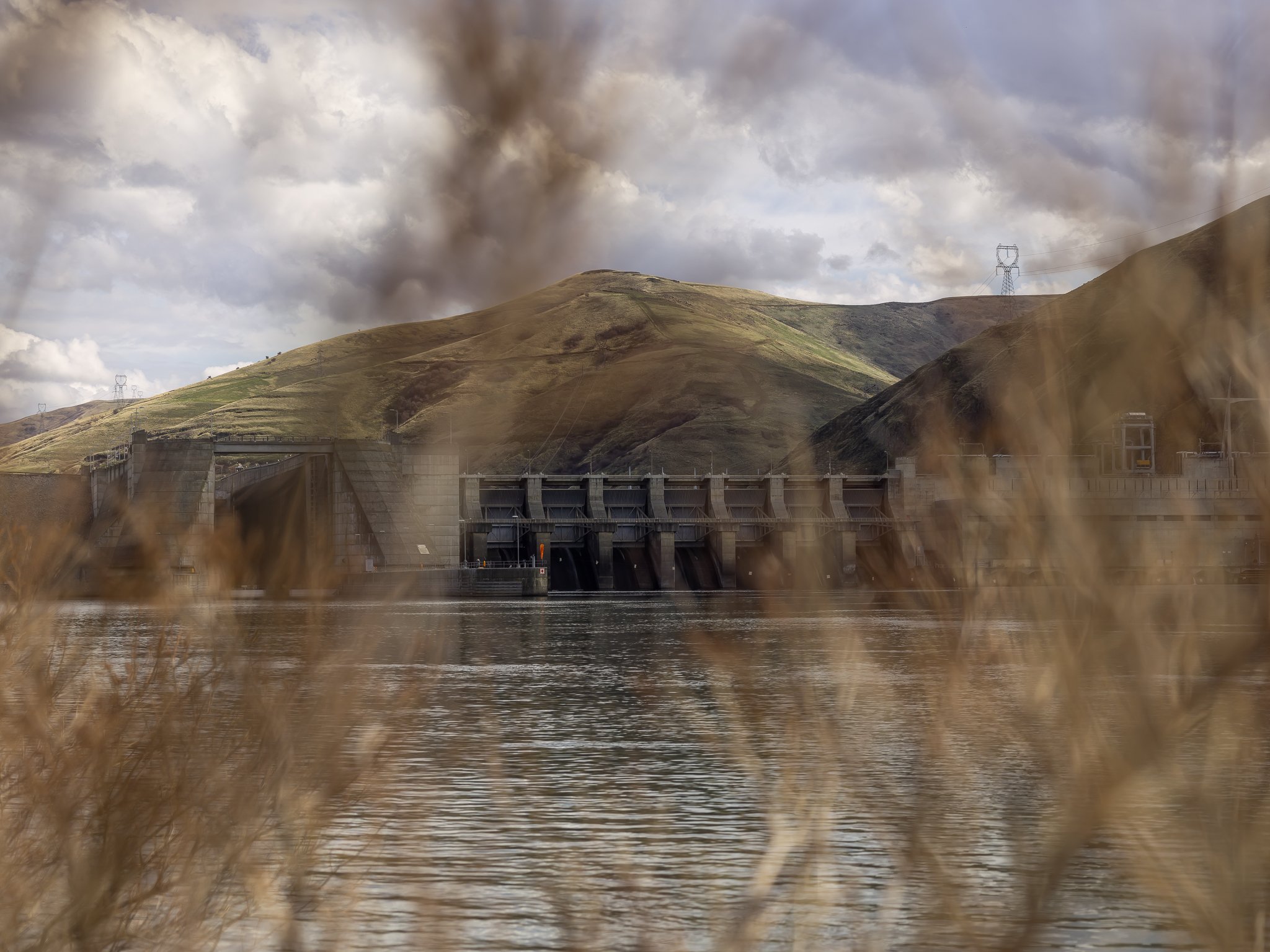Reflections: 1-Year Anniversary of Rep. Simpson's 'Northwest In Transition'
Greg Fitz. Photo: Cameron Karsten
A recently published article shares unique Idaho perspectives, inspiring reflection on progress.
By Daniel Ritz, IWF Staff
“For too long, the argument to remove the four dams on the Lower Snake River pit user groups against one another. That is never going to work because in reality none of us are just one thing. When I look at my neighbors, I know they want clean water and more fish. They want to find ways to protect salmon and steelhead, but they are also farmers and ranchers, ratepayers buying electricity and business owners who need their hometowns and schools to survive.
We need a plan that brings back the fish but keeps everyone whole.'“
-Jon Kittell, Idaho Outfitters and Guides Association, Restorative Shovels and Dynamite
Restorative Shovels and Dynamite, published on Jan 27th, written by Wild Steelhead Coalition communications guru and long-time conservation writer Greg Fitz, shares his experience meeting and fishing with Idaho’s own Roy Akins, a fishing guide and the owner of Rapid River Outfitters, a member of the Riggins city council, chairman of the Riggins Chapter of the Idaho River Community Alliance and long-time friend of Idaho WIldlife Federation.
The article, the latest in the '“It’s All Home Water” series, is intensely focused on the personal and community connections that Akins, Riggins and other Idaho river communities have to Idaho’s anadromous species.
Fitz’s article was particularly timely as today, Monday Feb. 7th, 2022, marks the 1-year anniversary of Rep. Simpson’s ‘Northwest in Transition’ proposal.
“The dams, and their impacts on the watershed’s native fish, have been a political third rail for years in the Northwest, but that grim stalemate shattered in February 2021 when Republican Representative Mike Simpson from Idaho released his plan proposing to breach the four Lower Snake River dams and invest widely in the region’s transportation, energy and irrigation infrastructure to replace their services. The proposal was never finished legislation, but the concept received robust support from regional tribes, some cautious bipartisan support, vehement and dishonest condemnations from some of Rep. Simpson’s fellow Republicans and a wide range of responses from conservation and fishery groups. In the end, the plan failed to secure placeholder funding in the federal budget, but the fundamental principle of breaching the four Lower Snake River dams to prevent salmon extinction was suddenly no longer an unspoken, avoidable topic for the region’s elected officials.”
-Greg Fitz, Restorative Shovels and Dynamite
Since Simpson released his proposal exactly one year ago the Environmental Protection Agency has established legal guidelines for water temperatures in the Columbia and Lower Snake that could force consequential changes to hydropower operations.
Litigants of a decades-long-lawsuit challenging federal hydropower operations and salmon recovery plans agreed to pause litigation for new negotiations seeking a comprehensive solution for the watershed and our struggling fish.
Polls have shown majority bipartisan support in Washington state in support breach and replacing dam services.
Recently, Washington Senator Patty Murray and Governor Jay Inslee have announced a new process to study salmon recovery and are even considering removing the Lower Snake dams. Together, they’ve assured a conclusion on their new process by the end of July, 2022.
Through the lens of photographer Cameron Karsten, ‘Restorative Shovels and Dynamite’ offers the largely unseen and undiscussed perspective of rural Idahoans and their communities, and how Simpson’s ‘Northwest in Transition,'“
Karsten was kind enough to share a few more of his photographs. We hope these images continue to serve as testament to the beginning of what IWF hopes to be an unprecedented wave of momentum.


